-
Individualized Medicine
A bold vision of personalized, data-driven healthcare for all
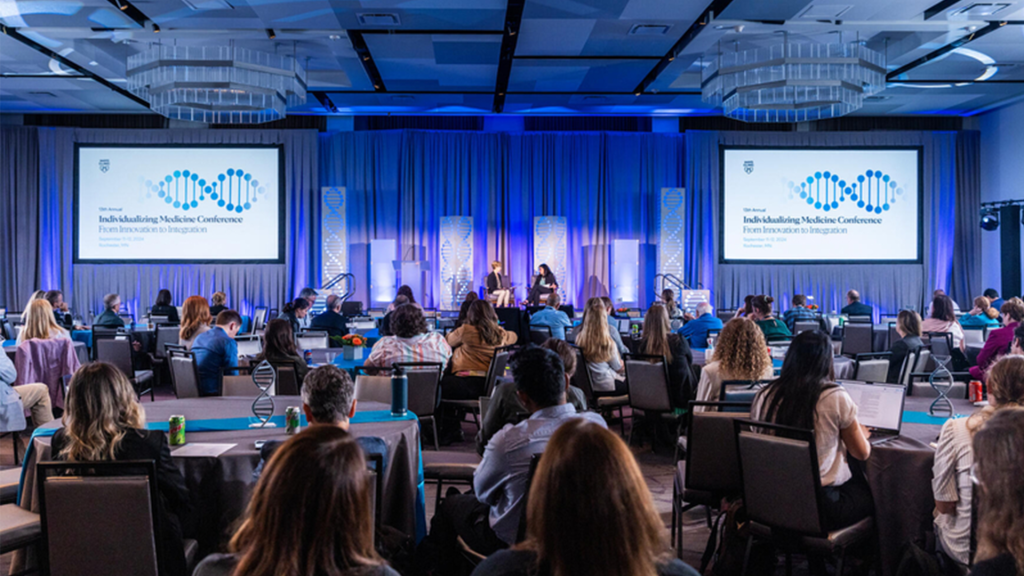
Mayo Clinic's 2024 Individualizing Medicine Conference showcased the latest advancements in precision medicine — from artificial intelligence (AI) tools that help specialists detect cancer during surgery to innovative genomic techniques that experts use to map disease risks. But it was the emerging field of "omics" technologies that took center stage. These pioneering sciences — such as decoding our genes (genomics), uncovering environmental exposures (exposomics) and analyzing the microbes that inhabit our bodies (microbiomics) — are transforming healthcare in unprecedented ways.
Held in September in Rochester, Minnesota, the annual conference, hosted by Mayo Clinic's Center for Individualized Medicine and moderated by Cathy Wurzer, host of "Morning Edition" for Minnesota Public Radio, brought together world-leading scientists and clinicians in precision medicine. Their shared vision: to translate these complex discoveries into personalized care that reduces health disparities and improves outcomes for every patient.
Setting the stage for change
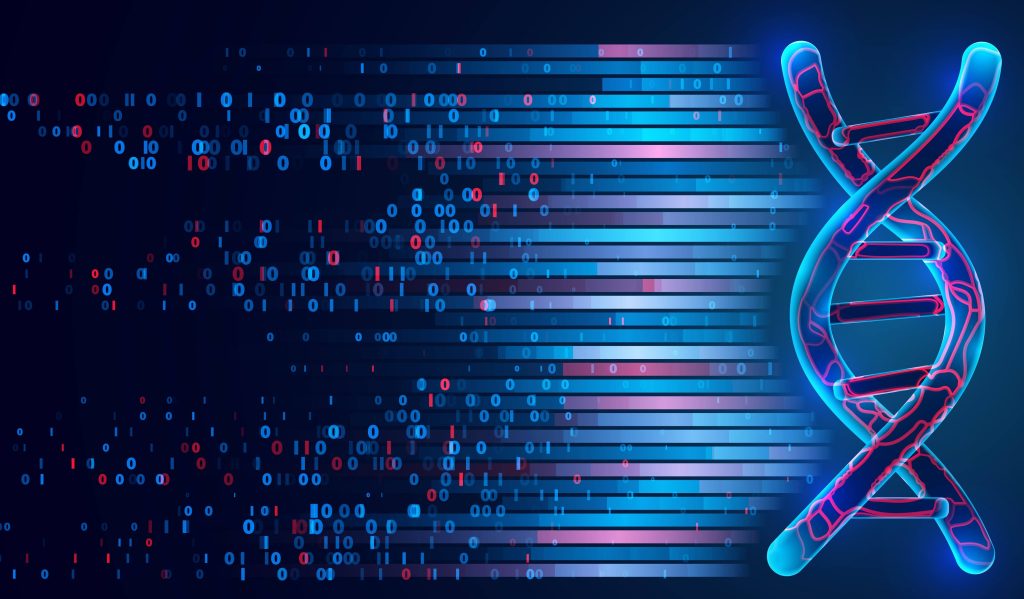
Konstantinos Lazaridis, M.D., the Carlson and Nelson Endowed Executive Director for Mayo Clinic's Center for Individualized Medicine, kicked off the conference with a compelling analogy comparing the rise of omics technologies to a turning point in tennis. He explained that when modern tennis rackets made of carbon fiber and graphite were introduced, players shifted away from net play, relying instead on power and strategy from the back of the court. This change completely reshaped how the game was played. Speaking to an audience that included professionals from healthcare, research and policy, he emphasized that omics technologies, similarly, are revolutionizing how we understand and treat diseases. "Omics will change the practice of medicine," he said.
Uncovering the health impacts of chemical pollution

Keynote speaker Philip Landrigan, M.D., director of the Program for Global Public Health and the Global Observatory on Planetary Health at Boston College, highlighted the urgent need to address the health impacts of chemical pollution. "Genetics loads the gun, and the environment pulls the trigger," he said, quoting the famous phrase by Dr. Eric J. Topol, a prominent cardiologist and geneticist. Dr. Landrigan stressed the role of environmental exposures in driving the rise of diseases like childhood cancer, asthma and neurodevelopmental disorders. He also pointed to an alarming trend: since the 1950s, the use of industrial chemicals and plastics have increased exponentially, yet 80% have never been tested for safety. "The only safe level of exposure is zero for many toxic chemicals, especially when it comes to children," he said. He urged the audience not to lose hope and called for health policy advocacy to build a cleaner environment. As an example, he highlighted how healthcare professionals helped remove lead from gasoline through the 1970 establishment of the Environmental Protection Agency.
Empowering patient-led research

Tania Simoncelli, vice president of Science and Society at the Chan Zuckerberg Initiative, delivered a keynote presentation that underscored the benefits of patient-led research for rare diseases. Simoncelli highlighted the Chan Zuckerberg Initiative's Rare as One project, which empowers patient communities to lead research initiatives, create data registries and drive clinical trials. Simoncelli said, by giving patients a seat at the table, research becomes more dynamic and effective. "Patients are the most important stakeholders, and when empowered, they are powerful forces for change," Simoncelli said.
Erica Barnes, co-founder of Chloe's Fight Rare Disease Foundation, shared her perspective as a parent advocate. Barnes, whose daughter Chloe was diagnosed with a rare neurodegenerative disorder, discussed the challenges families face when caring for someone with a rare disease. Her presentation emphasized the critical role of patient voices in shaping research priorities and highlighted the need for stronger partnerships between families, researchers and clinicians. "Patients and families bring unique insights that can change the course of research," Barnes said.
Addressing health disparities and cancer care
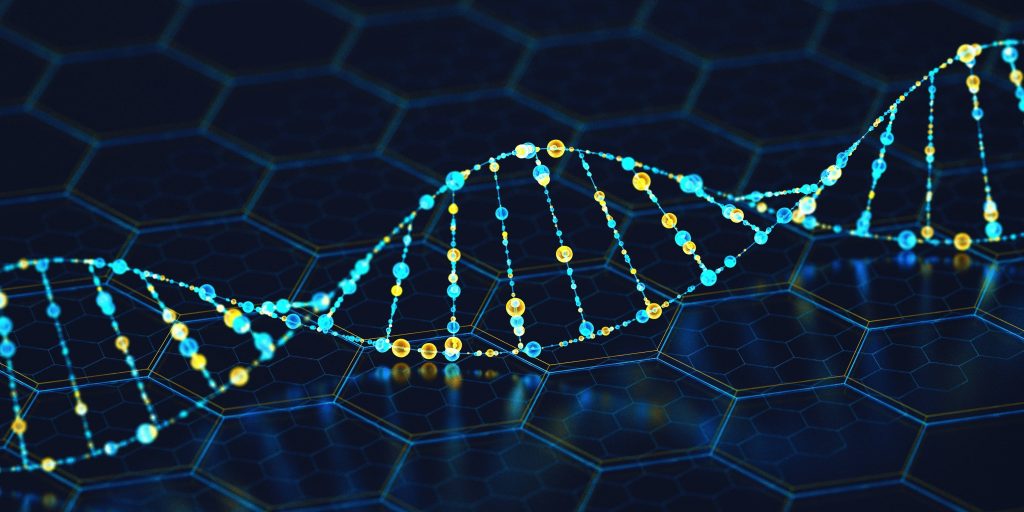
Melissa Davis, Ph.D., a researcher at Weill Cornell Medicine, addressed persistent cancer health disparities in marginalized populations. Her research focuses on how genetic ancestry, environmental exposures and social factors combine to drive higher cancer rates and poorer outcomes in African and African American communities. "Understanding how people live, where they are and what they're exposed to can change how we see disease and treat it," she said, urging a shift beyond traditional race-based health research. She highlighted the importance of an ancestry-informed approach to determine risk for breast cancer and guide personalized and effective treatment plans.
Bridging gaps in genetic risk scores
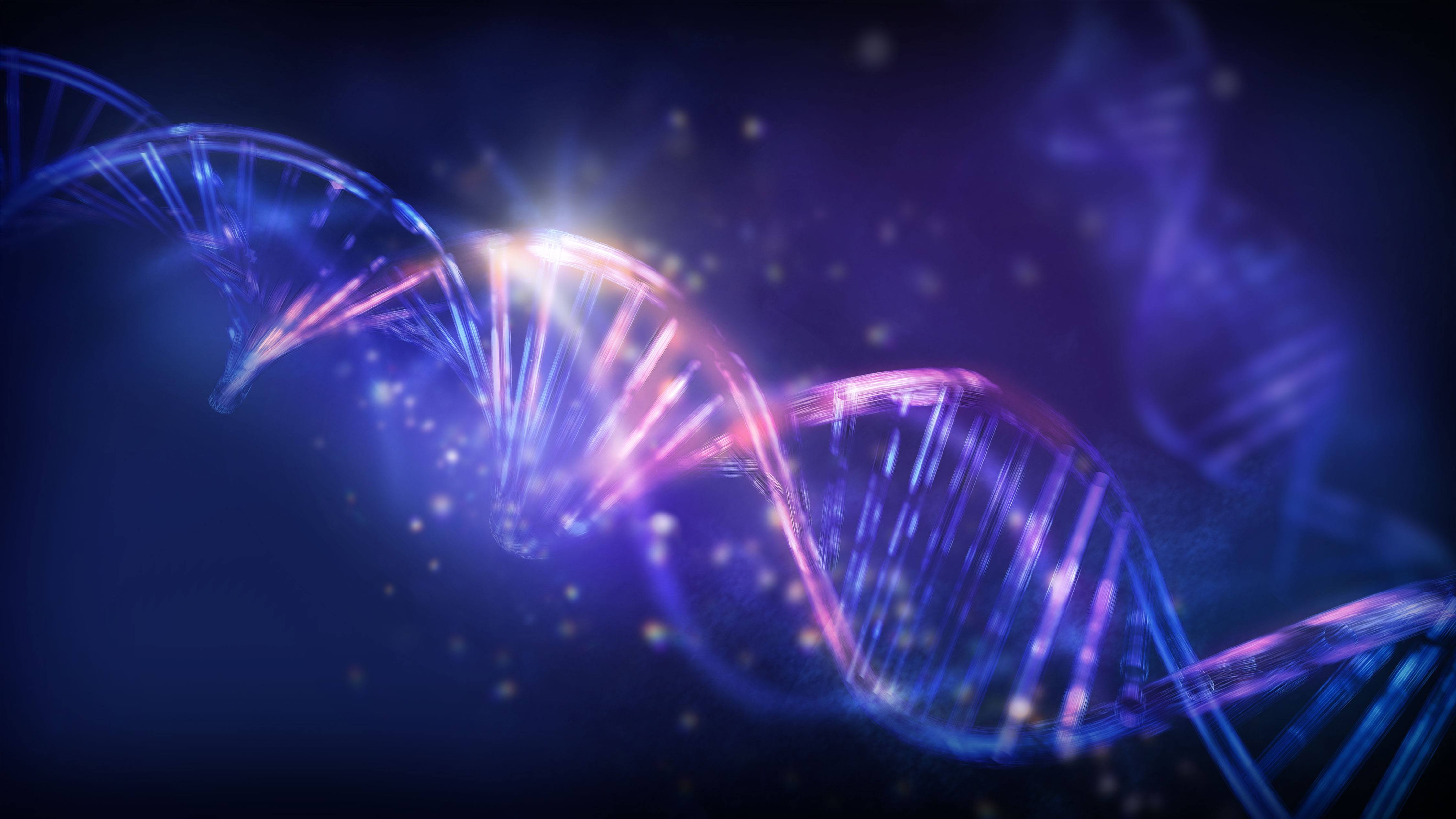
Iftikhar Kullo, M.D., a Mayo Clinic cardiologist, discussed the use of polygenic risk scores to predict cardiovascular disease, particularly in early-onset cases. He noted that these scores are less accurate for non-European populations due to gaps in genetic data and called for more diverse studies to improve their effectiveness. "We must bridge the gap to ensure that genetic insights benefit everyone, not just a few," he said. Dr. Kullo also shared data showing that patients aware of their genetic risk had lower LDL cholesterol — a type of "bad" cholesterol that can lead to artery blockages — and fewer cardiac events. But he emphasized the need to consider both genetic and environmental factors for accurate risk prediction.
Imagining AI’s role in the operating room
Stephen Boppart, M.D., Ph.D., a researcher at the University of Illinois – Urbana Champaign, presented a groundbreaking approach to real-time cancer diagnoses during surgery. His work with AI-powered optical imaging enables surgeons to differentiate between healthy and cancerous tissues on the spot, reducing the need for repeat surgeries. This innovation, which blends real-time feedback with advanced AI, has the potential to significantly improve surgical outcomes. "Imagine a world where AI helps clinicians provide a diagnosis within seconds during surgery," Dr. Boppart said, offering a glimpse into a future where precision medicine meets cutting-edge technology in real time.
Understanding the microbiome to catch cancers early
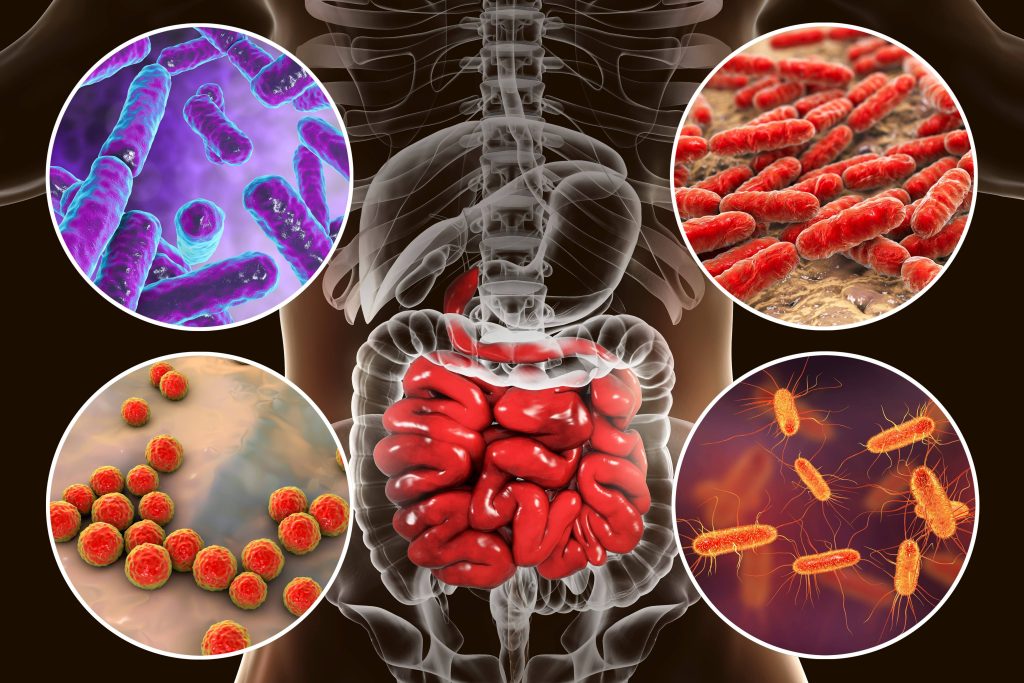
Marina Walther-Antonio, Ph.D., a Mayo Clinic microbiome researcher, shared new insights into the role of the microbiome in early cancer detection and prevention. Her team's work has identified specific microbiome signatures that could serve as biomarkers for early detection of gynecologic cancers, such as endometrial and ovarian cancers. "The microbiome is like an early warning system," Dr. Walther-Antonio explained. "Understanding these microbial communities could help us catch cancers before they develop."
Rapidly evolving landscape of precision genomics
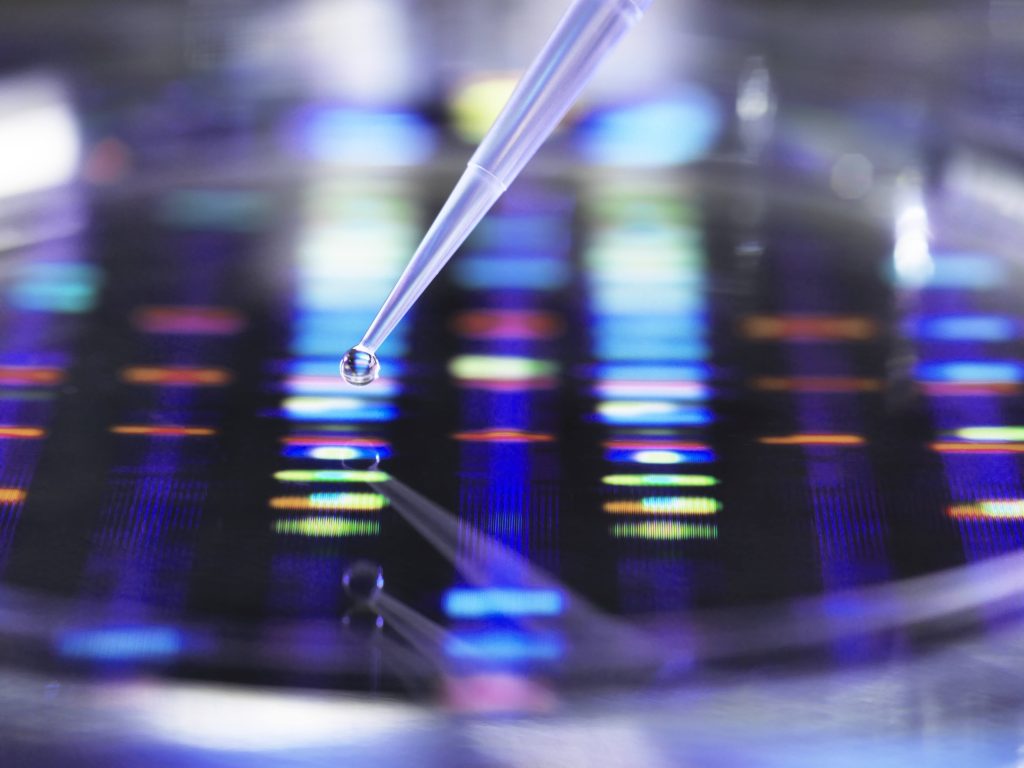
Cherisse Marcou, Ph.D., a researcher at Mayo Clinic, shared a new approach to automating and standardizing genomic workflows using advanced AI tools that help clinicians interpret complex genetic data faster and more accurately. "The future of genomics isn’t just about more data, it's about smarter data and turning complex information into clear, actionable insights for clinicians," Dr. Marcou said. She pointed out that these actionable insights can enable quicker answers for patients.
Stephen Murphy, Ph.D., interim director of the Mayo Clinic Genome Analysis Core, spoke on the rapidly evolving landscape of genomic sequencing technologies. He shared how these advancements are transforming both research and clinical practice in precision medicine. Dr. Murphy emphasized the ongoing shift from targeted gene panels to whole genome sequencing, highlighting how newer approaches like multi-omics, spatial genomics and single-cell technologies are reshaping patient care by offering a deeper and more comprehensive understanding of disease. "The future of genomics isn't just about generating more data—it's about generating the right data and making it actionable for each patient," he said.
Transforming healthcare in a personalized, data-driven future
The overarching message of Mayo Clinic's 2024 Individualizing Medicine Conference was clear: the future of healthcare will be deeply personalized and data-driven, but this future must reach every patient, everywhere and in a timely and equitable manner.
Related Articles







